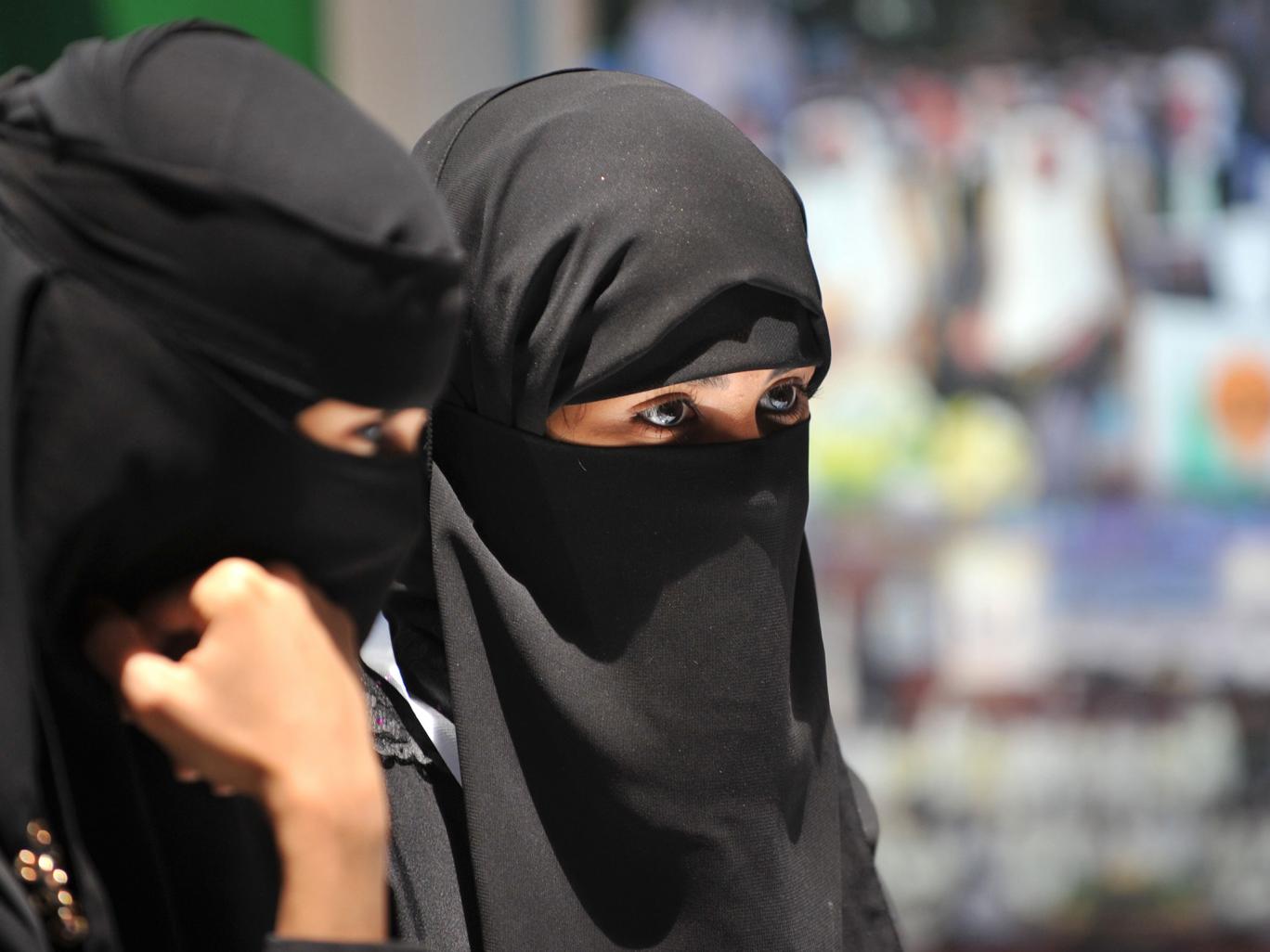Since 2013, Physical Education (PE) classes for girls in Saudi Arabia have only been open to those who attend private school. In these classes, the female students must abide by a “decent dress code” that complies with the rules of Sharia, as interpreted by the Government of Saudi Arabia. However, with the recent campaign, girls across the country are demanding the right to PE classes for all.
Some encouraged the idea on Twitter asking “why it was banned in the first place? Encouraging a healthy lifestyle should have been a priority from day one.” Others thought the idea was sinful, stating that “it will bring about the end of the world because sports will be pushing the boundaries too much.” Despite what some may see as the negative impact of girls’ and women’s increasing involvement in society, even if it is just gym class, the issue will not go away in the near future. On the contrary, attention towards women’s roles and abilities in the country will only increase. Deputy Prince Mohammad bin Salman’s Vision 2030 calls for “boosting women’s participation in the labor force to 30 percent from 22 percent over the next decade and a half.” But the Vision does not include concrete measures for lifting restrictions on female citizens. Vision 2030 is an ambitious plan overall, but the proposed societal gender changes may be one of the most challenging and under-analyzed aspects of the Vision.
Underpinning much of Saudi Arabia’s social fabric is a government-instituted system whereby, in the words of Human Rights Watch (HRW), “every Saudi woman must have a male guardian who is tasked with making a range of critical decisions on her behalf.” This policy allows the Saudi authorities to “essentially treat adult women like legal minors.” While there “appear to be no written legal provisions or official decrees explicitly mandating the guardianship system, [the] practice [is] essentially universal inside the country.” One of the better known issues related to this system is ban on women driving. While the government claims there is no official ban, it has refused to issue licenses to women, and as HRW observes, “it is universally understood that it is not allowed.” When asked about the restrictions placed on women, specifically regarding driving, Mohammad bin Salman stated that “Women driving is not a religious issue as much as it is an issue that relates to the community itself that either accepts it or refuses it.”
It is precisely the socio-cultural nature of the gendered restrictions (driving, the guardianship system, PE class, etc.), that makes the issue of women’s rights in Saudi Arabia appear so controversial. Mohammad bin Salman may be right when he says “It just takes time” for society to get used to women taking on larger roles, but Vision 2030 may be an important step in the struggle for women’s rights in the country, not least among them the right to take PE classes in school. Participation in the workforce often necessitates transportation to and from employment. Certainly there are ways to avoid this, but if women need to get to work, they may need to drive, and if they need to drive, other restrictions may get lifted as well, and social mores may change.
Tyler Pry is an Advocacy Intern at ADHRB
Image courtesy of The Independent





